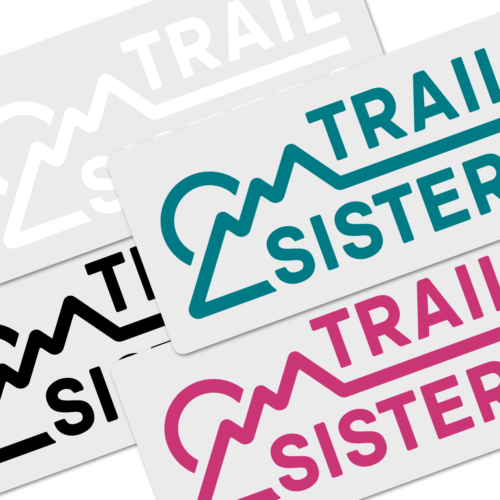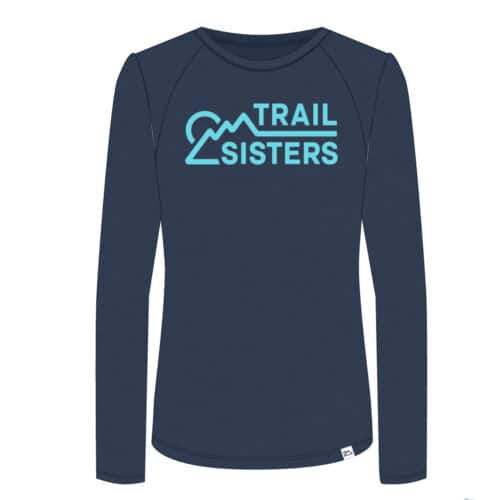Nutrition.
What we put into our bodies is just as important as the scrutiny we give to our training blocks. No matter how competitive an athlete you may be, how you fuel your body is integral to not only feeling good, but staying healthy as well. While there is no one way to eat, there are a few easy ‘tips’ to keep in mind when choosing which foods to incorporate in your diet.
Eat the Rainbow.
An easy way to make sure you’re getting in an array of nutrients is to keep your diet colorful. The more colors you can incorporate in a given meal, the more vitamins and minerals your body will absorb from the food. Incorporating more colors on your plate will also ensure you’re not overeating any specific food. Having multiple colors sends different signals to your brain causing you to pay closer attention to what you’re swallowing. When you are more aware of what you’re eating, studies have shown you’re more likely to eat less than to overeat.

Don’t be a routine eater.
Different foods contain different nutritional benefits. In a lot of cases, eating in a routine can lead to mindless snacking, overeating, and can make your body more prone to getting sick. When you eat a balanced diet with a variety of your foods, your body extracts different nutrients to build immunity. Much like you wouldn’t learn in school if you read the same textbook over and over again; it’s important to feed your body different nutrients so as not to ‘plateau’ as well.

Practice Balance.
If you’re an eater who needs some sort of structure, try this easy tip. At every big meal (breakfast, lunch, or dinner) make sure you’re incorporating one source of each macronutrient. That means, one source of healthy fat, one source of carb, and one source of protein. If at each meal you know certainly you have a good portion of each, chances are your diet is well rounded and full of nourishment.
- Fats: ½ an avocado, 1-2 teaspoons of olive oil, nuts, full fat dairy products
- Protein:tofu, chicken, turkey, lean red meat, salmon, fish (sardines!)
- Carbs:quinoa, brown rice, sweet potato, whole wheat pasta or bread
Plan ahead, and travel with snacks.
Though meal prepping is a genius and helpful tool, most of us don’t have that time or commitment. Much like when a diet fails, our mindset reverts to the comfort of, “well if I can’t do some of it, I won’t do any of it.” Even prepping a lunch, the night before, or packing healthy snacks throughout the day can be hugely beneficial not only for your health, but for your wallet too. Easy snacks to have on hand could be:
- Two hard boiled eggs with sea salt, pepper and cayenne in a glass Tupperware
- Whole fat yogurt w/honey, crushed almonds and a handful of berries
- Mixed nuts (cashews, almonds, brazil nuts) and a few slices of turkey or cheese
- A protein bar; look for some with minimal ingredients like RX, LARA, or KIT’S Organic

My car has been famously deemed the snack mobile, as it’s certain you’ll always find an energy bar, or even a can of tuna in my glove box.
Enjoy the food you put into your body.
Eat intuitively. Eat when you’re hungry and stop when your full. Listen closely to the signals your body is giving you. When your running mileage starts to ramp up, it may be a sign to incorporate more sources of complex carbohydrates in your diet like brown rice, quinoa, and sweet potatoes. When you’re not training as much, focus on incorporating more fruits and veggies. Don’t be afraid to go out to eat with friends, or perhaps try cooking more dinners at home. Surprise yourself by learning to bake. Buy a cookbook and vow to make at least two recipes a week from it. When you give your diet just as much love and attention as your fitness regime, you will notice how much stronger, healthier and motivated you’ll feel.
















2 Responses
Gabi, reading and learning from your post is a must. I will forward this to all of my friends…….SIMPLE AND EASY TIPS FOR BETTER NUTRITION …….remarkable!!! GC
You are an amazing young lady, Gabi!!
Such perservance and great accomplishments is most admirable.
Keep it up!!